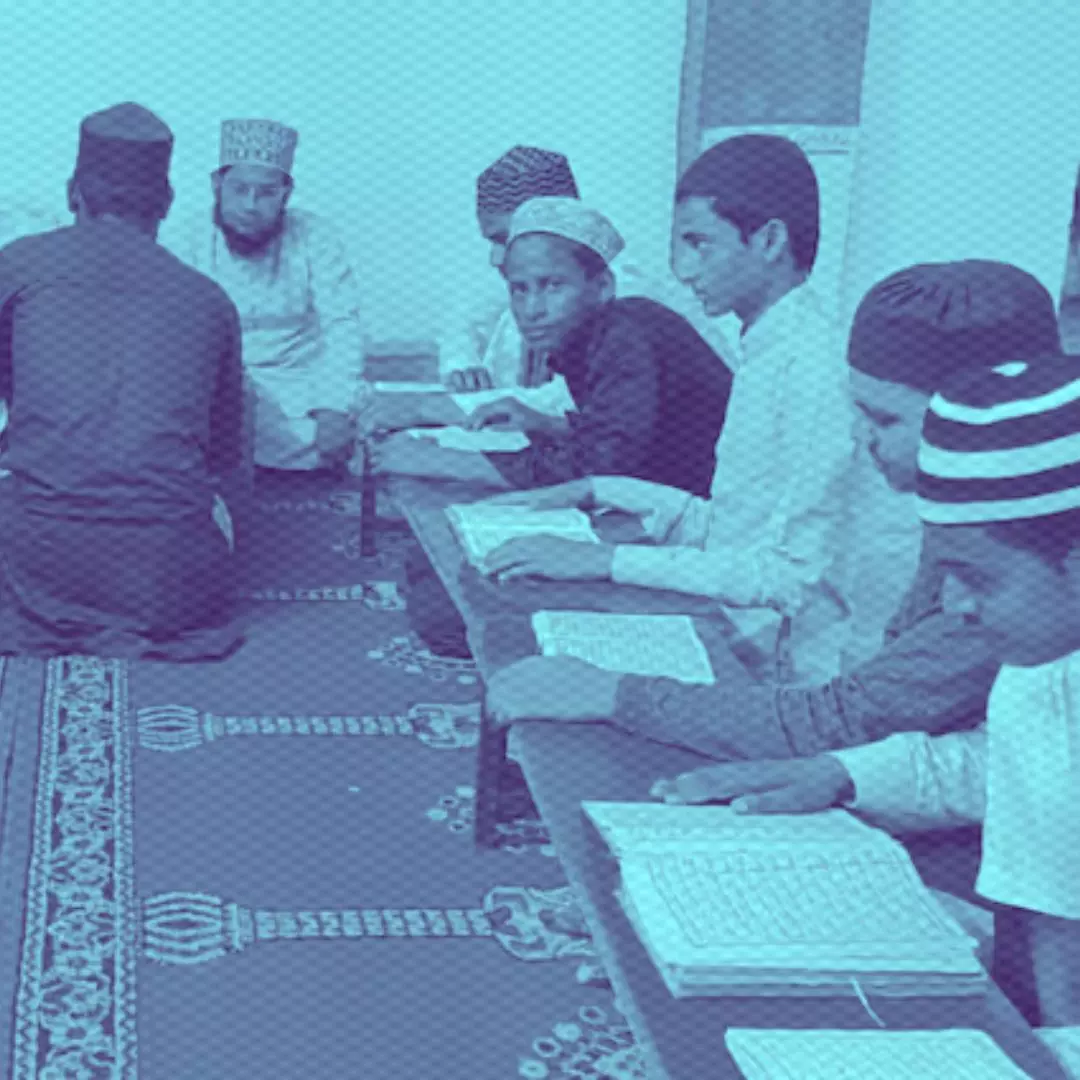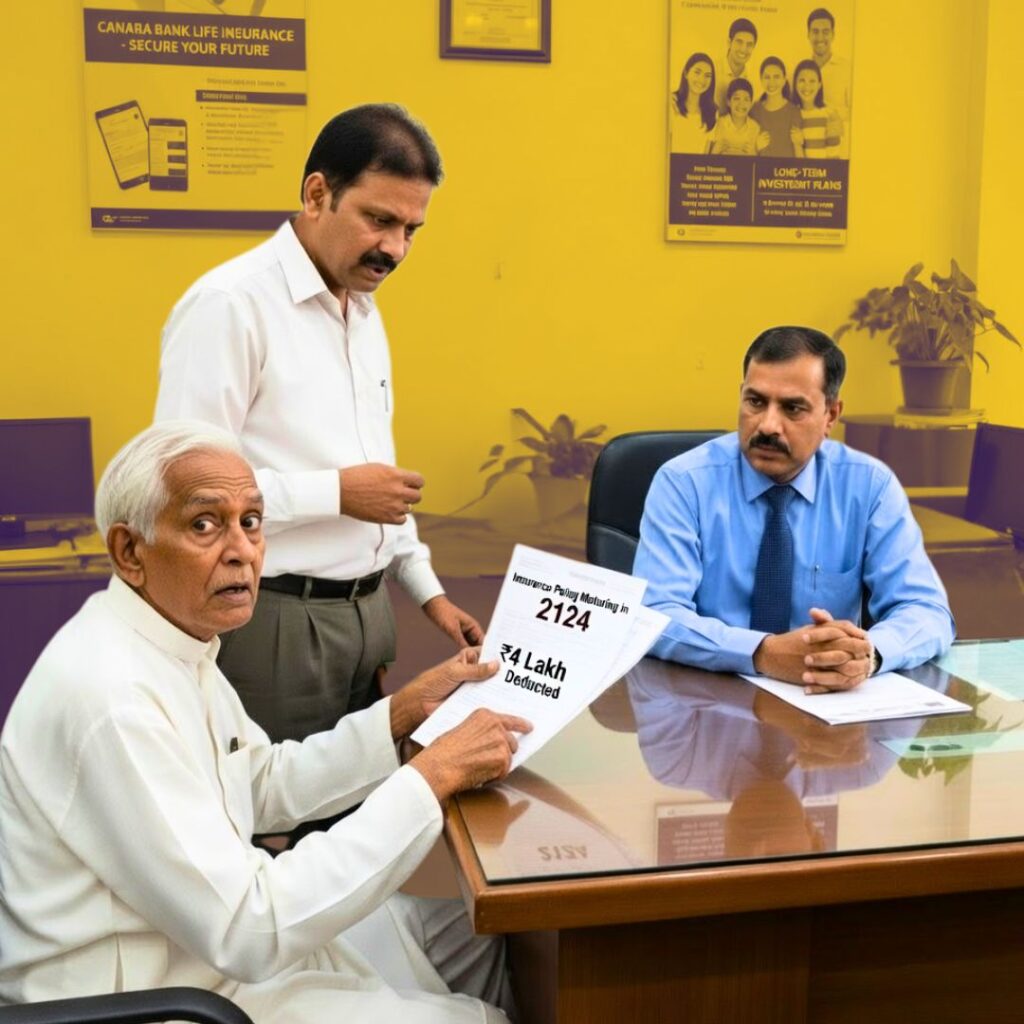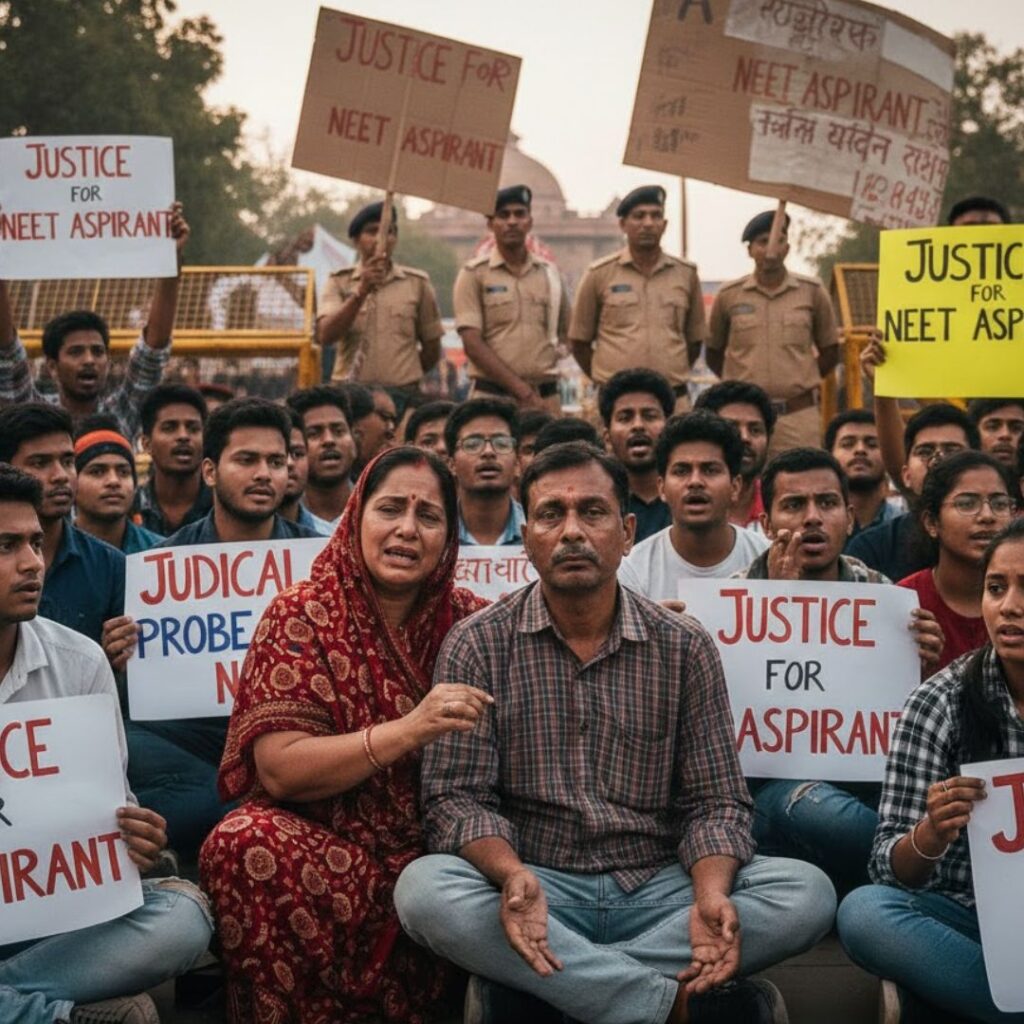The Uttarakhand Madrasa Education Board (UMEB) plans to make Sanskrit a mandatory subject in 416 madrassas across the state, starting from the next academic session. This initiative aims to enhance students’ educational growth by integrating Sanskrit alongside Arabic and English in their curriculum. The board is currently finalizing a Memorandum of Understanding (MoU) with the state’s Sanskrit department to facilitate this change, with officials expressing optimism about swift approval. The proposal follows previous efforts to enrich madrasa education, including the introduction of computer studies.
Sanskrit’s Role in Modern Education
The UMEB’s proposal to implement Sanskrit in madrassas is part of a broader strategy to modernize education within these institutions. Chairperson Mufti Shamoon Qasmi highlighted the success of the recently introduced NCERT syllabus, which resulted in over 95% student success this year. He emphasized that learning both Sanskrit and Arabic will provide students with a well-rounded education that respects their cultural heritage while preparing them for contemporary challenges. “Our goal is the holistic development of our students,” Qasmi stated, underlining the importance of integrating ancient languages into the curriculum.
Background and Context
This initiative builds on previous educational reforms within Uttarakhand’s madrassas, including the introduction of religious texts like the Ramayana into their syllabi. The UMEB has been proactive in enhancing madrasa education standards, aiming to transform all 117 registered madrassas into model institutions. Furthermore, there are plans to include computer studies in the curriculum to prepare students for a digital future. The board’s efforts reflect a commitment to blending traditional education with modern academic requirements, fostering an environment conducive to learning and personal growth.
The Logical Indian’s Perspective
The decision to make Sanskrit mandatory in madrassas presents an opportunity for fostering cultural understanding and coexistence among diverse communities. By encouraging students to learn both Sanskrit and Arabic, the initiative promotes inclusivity and respect for different traditions. It aligns with our vision of nurturing empathy and harmony within society. How can such educational reforms contribute to greater social cohesion in our multicultural landscape? We invite our readers to share their thoughts and engage in this important dialogue.













